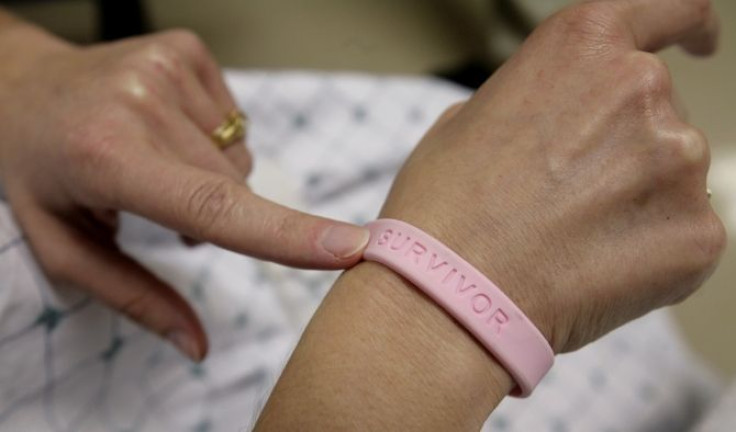Fertility Drugs Increase Breast Cancer Risk in Women Who Get Pregnant

The risk of developing breast cancer in women who take fertility drugs goes up when they get pregnant, a new study says.
The drugs used to increase fertility contain agents that increase estrogen. Higher levels of estrogen are linked to risk of breast cancer.
Researchers followed around 1,400 women who had developed breast cancer before the age of 50 and 1,600 of their sisters who did not develop breast cancer. Of the total group, 288 women said that they were taking clomiphene citrate and follicle-stimulating hormone to increase their chances of getting pregnant.
Researchers found that in women, who were pregnant for ten weeks or more, there was slightly higher risk of developing breast cancer compared to women who did not get pregnant after taking the fertility drugs.
However, experts say that this study should not bother women who are on fertility drugs because the study found that the risk of breast cancer among these women was almost same as the risk of breast cancer in women who do not use these drugs.
"Even in the group at an increased risk after their pregnancy, their risk was not higher than the general public who was not involved in the study. If you use fertility drugs, you're not increasing your risk," Dr. Marcelle Cedars, a professor of reproductive endocrinology at the University of California, San Francisco, reports ABC News.
Experts believe that additional research is required before a link is associated between fertility treatment and breast cancer. The study's limitations have been pointed out in an accompanying editorial. Louise A. Brinton from National Cancer Institute says that fertility drug studied in this research belongs to the same class of drugs that are chemotherapeutics. Also, women screened for breast cancer before age 50 might have had genetic risks for the cancer.
"Because of such complexities, results from individual investigations must be cautiously interpreted and weighed against the considerable benefits associated with fertility drug usage, including a high probability of carrying pregnancies to term, which can lead to substantial long-term reductions in breast cancer risks." writes Louise A. Brinton, of the Division of Cancer Epidemiology and Genetics at the National Cancer Institute, in an accompanying editorial also published in the Journal of the National Cancer Institute.
The study was published in the Journal of the National Cancer Institute.



























